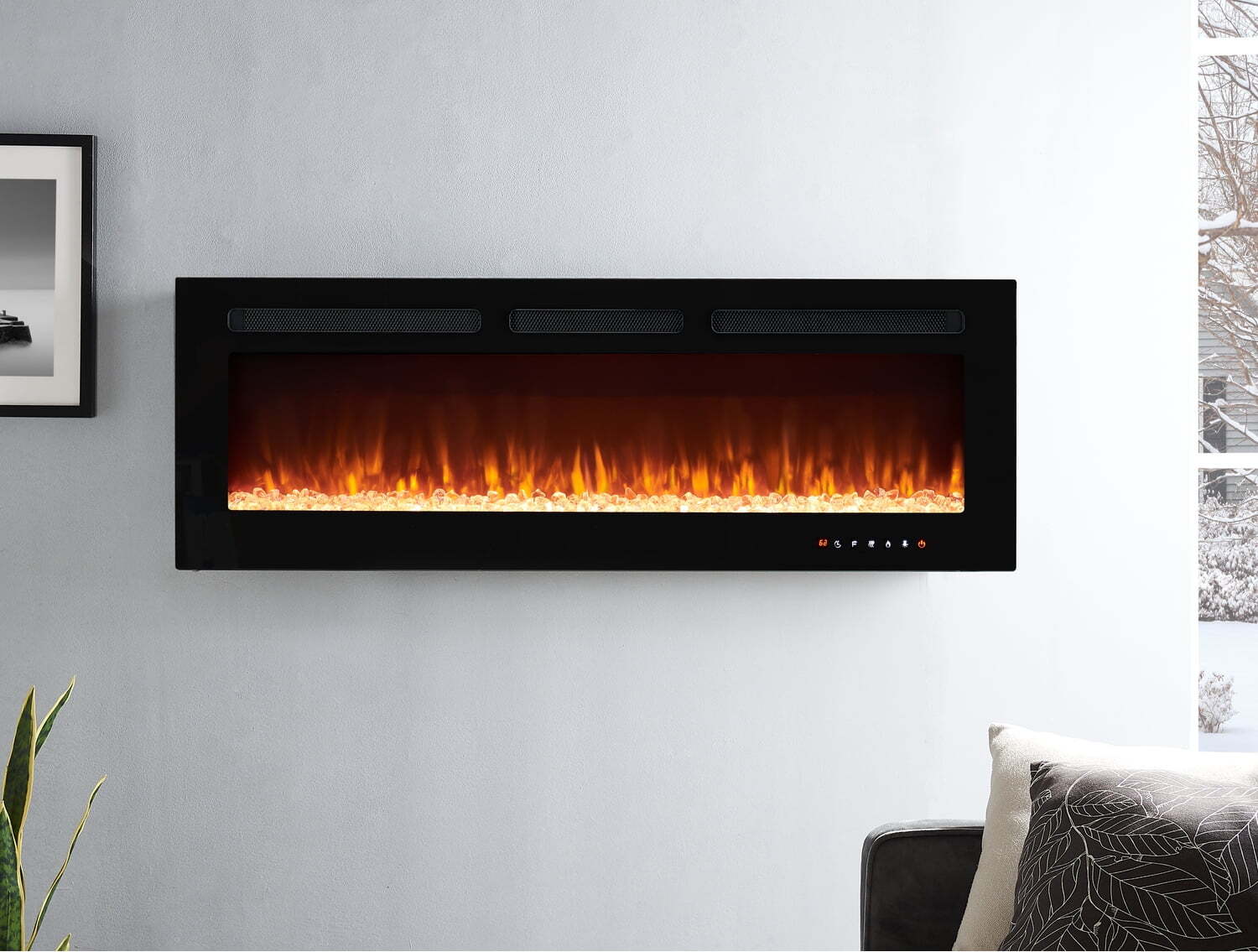

Articles
Why Is My Gas Fireplace Making Noise When Off
Modified: August 16, 2024
Discover why your gas fireplace is making noise when it's turned off in this informative article. Gain insights and solutions to fix the issue.
(Many of the links in this article redirect to a specific reviewed product. Your purchase of these products through affiliate links helps to generate commission for Storables.com, at no extra cost. Learn more)
Introduction
Gas fireplaces are a popular choice for homeowners who want the warmth and ambiance of a traditional fireplace without the hassle of chopping wood or dealing with the mess of ashes. They are not only convenient, but also energy-efficient and clean-burning. However, like any other appliance, gas fireplaces can sometimes experience issues that can cause them to make noise even when they are turned off.
In this article, we will explore the possible reasons why your gas fireplace is making noise when it is not in use. We will also provide troubleshooting steps to help you identify and potentially resolve the issue yourself. However, it is important to note that while some issues can be easily addressed by homeowners, others may require the expertise of a professional. If you are unsure or uncomfortable dealing with gas-related issues, it is always best to consult with a certified technician.
Understanding Gas Fireplaces
To better understand why your gas fireplace is making noise, it is helpful to have a basic understanding of how gas fireplaces work and the components involved. Gas fireplaces typically consist of a burner assembly, a gas control valve, a pilot light, a thermocouple or thermopile, an ignition system, a fan (in some models), and a chimney or venting system.
When you turn on a gas fireplace, the gas control valve releases gas to the burner assembly, which is then ignited by the pilot light or electronic ignition system. The flames produced provide both heat and the visual effect of a traditional fire. As the flames burn, the combustion gases are vented through the chimney or venting system, while the heat radiates into the room.
Common Issues with Gas Fireplaces
Gas fireplaces, like any other appliance, can experience a range of issues over time. Some common issues include faulty ignition systems, pilot light problems, burner assembly malfunctions, gas valve issues, and airflow obstructions in the venting system. These problems can result in a variety of symptoms, including noise when the fireplace is not in use.
Now, let’s explore some of the possible explanations for why your gas fireplace is making noise when it is turned off.
Key Takeaways:
- Gas fireplaces can make noise when off due to various issues like metal expansion, drafting, pilot light problems, gas valve issues, and loose components. Troubleshooting steps can help, but professional assistance may be necessary for safety and complex repairs.
- Understanding the components and common issues of gas fireplaces can help homeowners troubleshoot and potentially resolve noise problems. However, safety should always be the top priority, and seeking professional assistance is crucial in certain situations.
Read more: Why Is My Gas Fireplace Beeping
Understanding Gas Fireplaces
Components of a Gas Fireplace
A gas fireplace consists of several key components that work together to provide heat and create the appearance of a traditional fire. These components include:
- Burner Assembly: The burner assembly is where the gas is ignited and the flames are produced. It is typically made of metal and is responsible for distributing the gas evenly.
- Gas Control Valve: The gas control valve regulates the flow of gas to the burner. It is connected to a thermostat or control panel, allowing you to adjust the flame height and control the heat output.
- Pilot Light: The pilot light is a small flame that remains constantly lit and ignites the gas when the fireplace is turned on. It serves as a source of ignition for the burner.
- Thermocouple or Thermopile: The thermocouple or thermopile is a safety device that detects whether the pilot light is on. If the pilot light goes out, the thermocouple or thermopile senses the change in temperature and shuts off the gas valve to prevent gas leaks.
- Ignition System: The ignition system is responsible for igniting the pilot light and the main burner. It can be either a standing pilot light or an electronic ignition system.
- Fan (Optional): Some gas fireplaces have a fan or blower that helps distribute the heat generated by the flames more effectively.
- Chimney or Venting System: The chimney or venting system plays a crucial role in safely removing the combustion gases and venting them outside. It needs to be properly installed and maintained to ensure efficient airflow.
How Gas Fireplaces Work
Gas fireplaces operate by burning natural gas or propane, which produce heat and flames that mimic a traditional wood-burning fireplace. When you turn on the gas fireplace, the gas control valve opens and releases gas to the burner assembly. The pilot light or ignition system ignites the gas, creating a flame that spreads across the burner.
The combustion gases generated by the burning gas are vented through the chimney or venting system. At the same time, the heat radiates into the room, providing warmth and creating a cozy atmosphere. The intensity and height of the flames can be adjusted using the gas control valve, allowing you to control the heat output.
Common Issues with Gas Fireplaces
While gas fireplaces are generally reliable, they can experience a variety of issues over time. Some common problems include:
- Ignition System Malfunctions: Issues with the ignition system can prevent the pilot light or main burner from igniting properly, resulting in no flames or a weak flame.
- Pilot Light Problems: The pilot light may not stay lit due to a dirty or malfunctioning thermocouple or thermopile, gas supply issues, or drafts.
- Burner Assembly Malfunctions: A malfunctioning burner assembly can cause uneven flames, excessive sooting, or unusual noises.
- Gas Valve Issues: Problems with the gas control valve can result in gas leaks, irregular flame patterns, or difficulty adjusting the flame height.
- Airflow Obstructions: Blockages or obstructions in the chimney or venting system can disrupt the airflow, leading to poor combustion, excessive noise, or flame rollout.
Understanding these common issues will help you identify potential causes for the noise your gas fireplace is making when it is turned off. In the next section, we will explore some possible explanations for this noise and provide troubleshooting steps to help you resolve the issue.
Possible Explanations for Noise When Gas Fireplace is Off
It can be frustrating and concerning when your gas fireplace continues to make noise even when it is turned off. There are several possible explanations for this noise, and understanding the root cause can help you determine the best course of action. Here are some potential reasons for the noise:
Expansion and Contraction of Metal Parts
One common cause of noise in gas fireplaces when they are off is the expansion and contraction of metal parts. As the fireplace heats up during use and then cools down, the metal components can expand and contract. This can lead to creaking, popping, or ticking sounds as the metal adjusts to the changes in temperature. While this is generally normal, excessive or loud noises may indicate loose or worn-out parts that need to be inspected and tightened or replaced if necessary.
Drafting Issues
Drafting issues can also contribute to noise in a gas fireplace when it is not in use. When the fireplace is off, airflow through the chimney or venting system can cause whistling or rushing sounds. This can be caused by improper chimney installation, blockages in the chimney, or negative air pressure in the home. Ensuring proper ventilation and addressing any airflow issues can help minimize these noises.
Pilot Light Issues
If the pilot light of your gas fireplace is not functioning properly, it may cause noise when the fireplace is off. A flickering or unsteady pilot light can create popping or hissing sounds. This can be due to a dirty or malfunctioning thermocouple or thermopile, which are safety devices that regulate the gas flow. Cleaning or replacing these components, or adjusting the pilot light flame, can help resolve the issue.
Valve or Gas Pressure Issues
Noise when the gas fireplace is off can also stem from issues with the gas valve or gas pressure. If the gas valve is not completely closing, it can result in a small amount of gas leaking into the burner assembly even when the fireplace is turned off. This can cause a faint hissing or humming noise. Additionally, improper gas pressure can create a whistling or rattling sound. Consulting a professional technician to inspect and adjust the gas valve and pressure is advisable to ensure safe operation.
Loose or Deteriorated Components
Over time, the components of a gas fireplace can become loose or deteriorated, leading to noise when the fireplace is not in use. Loose or rattling parts, such as the burner assembly or venting system, can create banging or clanking sounds. Deterioration of insulation materials or gaskets can cause squeaking or rubbing noises. It is important to inspect the various components of the fireplace and tighten or replace any loose or worn-out parts to eliminate these noises.
Identifying the specific cause of the noise when your gas fireplace is off can be challenging. If you are unable to determine the source or the noise is excessive, it is recommended to consult a qualified technician. They can thoroughly inspect the fireplace, diagnose the issue, and perform any necessary repairs to ensure the safe and quiet operation of your gas fireplace.
Check for debris or dust in the burner or pilot assembly. Clean any buildup to prevent rattling or hissing noises when the fireplace is off.
Troubleshooting Steps
If your gas fireplace is making noise when it is turned off, there are several troubleshooting steps you can take to identify and potentially resolve the issue. Here are some recommended steps to follow:
Checking for Loose Components
Start by inspecting your gas fireplace for any loose components. Gently shake the fireplace to see if there are any rattling sounds indicating loose parts. Check the burner assembly, venting system, and other visible components for any signs of looseness or wear. If you discover any loose parts, tighten them using the appropriate tools. If the issue persists, consult a professional technician to ensure proper inspection and repair.
Inspecting the Pilot Light
Next, inspect the pilot light of your gas fireplace. Make sure that the flame is steady and blue, without any flickering or sputtering. If the flame is weak or yellow, it may indicate a dirty or malfunctioning thermocouple or thermopile. Gently clean the pilot light assembly and ensure that it is properly aligned and adjusted. If the issue persists, consider contacting a technician to further inspect and repair the pilot light.
Cleaning the Fireplace and Venting System
Over time, debris and soot can accumulate in the fireplace and venting system, which can contribute to noise. Clean the fireplace and venting system using a soft brush or vacuum cleaner. Pay close attention to the burner assembly, logs (if applicable), and the venting system. Remove any visible dirt, dust, or debris. Be cautious not to disturb any components or damage sensitive parts. Proper cleaning can improve the airflow, reduce noise, and ensure the efficient operation of your gas fireplace.
Adjusting Gas Pressure
If you suspect that the gas pressure is causing the noise, consider adjusting it. However, it is important to note that adjusting gas pressure should only be done by a qualified professional. Tampering with the gas pressure without proper knowledge and experience can lead to safety hazards. Contact a certified technician to inspect and adjust the gas pressure according to the manufacturer’s recommendations. This can help resolve pressure-related noise issues and ensure the optimal performance of your gas fireplace.
Addressing Drafting Issues
If you suspect that drafting issues are causing the noise when your gas fireplace is off, there are a few steps you can take. First, ensure that the chimney or venting system is clear of any blockages or obstructions. Remove any debris or nests that may be interfering with the airflow. Additionally, check for negative air pressure in the room by opening windows or creating ventilation to equalize the air pressure. If the problem persists, consult a professional to assess and resolve any drafting issues that may be affecting your gas fireplace.
By following these troubleshooting steps, you may be able to identify and resolve the noise issue with your gas fireplace. However, if you are unsure or uncomfortable performing any of these steps, it is always best to consult with a professional technician who can help diagnose and resolve the problem safely and effectively.
When to Call a Professional
While some issues with gas fireplaces can be resolved through basic troubleshooting steps, there are instances when it is necessary to call a professional technician. Here are some situations where it is recommended to seek the expertise of a certified professional:
Gas Leaks or Strong Odors
If you detect a gas leak or notice a strong odor of gas around your gas fireplace, immediately evacuate the premises and contact your gas utility provider or emergency services. Gas leaks are serious safety hazards that require immediate attention from trained professionals. Do not attempt to fix or inspect the issue yourself. Call a professional technician who has experience in handling and repairing gas leaks.
Lack of Experience or Knowledge
If you are unsure or lack the experience and knowledge to troubleshoot or repair your gas fireplace, it is best to call a professional. Gas fireplaces involve complex systems that require specialized skills and equipment to diagnose and fix. Attempting to address the issue without the necessary expertise can lead to further damage or safety risks. A certified technician will have the expertise to assess and repair the problem safely and efficiently.
Noise Persisting Despite Troubleshooting
If you have followed the troubleshooting steps and the noise from your gas fireplace persists, it is advisable to seek professional assistance. Continued noise may indicate underlying issues that require expert diagnosis and repair. A professional technician will have the necessary tools and knowledge to accurately identify and resolve the noise problem.
Complex Repairs or Component Replacement
If the issue with your gas fireplace requires complex repairs or the replacement of major components, it is best to leave it to the professionals. Complex repairs may involve dismantling parts of the gas fireplace, adjusting gas valves, or handling electrical connections. Every gas fireplace model is different, and attempting complex repairs without proper training can lead to further damage or compromise the functionality and safety of the appliance.
Safety and Warranty Considerations
Calling a professional is also advisable if you are concerned about safety or if the gas fireplace is still under warranty. An experienced technician will ensure that repairs are performed in compliance with safety standards and regulations. They can also provide documentation and evidence for warranty claims, if applicable.
Remember, the safety of you and your home is paramount when dealing with gas-related appliances. If you are in doubt or unsure about any aspect of troubleshooting or repairing your gas fireplace, contacting a professional technician will provide you with peace of mind and ensure that the issue is resolved safely and efficiently.
Read more: Washing Machine Making Noise When Off
Conclusion
Gas fireplaces offer a convenient and efficient way to add warmth and ambiance to your home. However, when these appliances start making noise even when they are turned off, it can be unsettling. By understanding the inner workings of gas fireplaces and the common issues they can experience, you can better troubleshoot and potentially resolve the noise problem.
Throughout this article, we have explored some possible explanations for why your gas fireplace is making noise when it is not in use. We discussed the expansion and contraction of metal parts, drafting issues, pilot light problems, valve or gas pressure issues, and loose or deteriorated components as potential causes. By identifying the source of the noise, homeowners can take appropriate steps to address the issue.
We provided troubleshooting steps such as checking for loose components, inspecting the pilot light, cleaning the fireplace and venting system, adjusting gas pressure, and addressing drafting issues. These steps can help you identify and potentially resolve the noise problem on your own. However, it is crucial to know your limits and when to call a professional for assistance.
There are situations where it is best to seek the expertise of a certified technician. Gas leaks, lack of knowledge or experience, persistent noise despite troubleshooting, complex repairs or component replacement, and safety and warranty considerations are all scenarios that warrant contacting a professional technician. They have the necessary training, tools, and expertise to diagnose and repair gas fireplaces safely and effectively.
Remember, the safety of you and your home should always be the top priority. If you are unsure or uncomfortable dealing with gas-related issues, it is always best to consult with a professional rather than putting yourself and your property at risk.
In conclusion, by understanding your gas fireplace and knowing how to troubleshoot and address common issues, you can enjoy a quiet and efficient fireplace experience. Regular maintenance, proper cleaning, and timely professional assistance will ensure the optimal performance and longevity of your gas fireplace.
Curious about more than just strange noises from your gas fireplace? Safety is paramount when dealing with any type of fireplace. If you're concerned about whether your hearth is secure, don't miss our detailed guide on fireplace safety. You'll learn essential tips on recognizing potential hazards and ensuring your cozy fireside evenings remain safe and enjoyable. Make sure your fireplace is a safe haven for relaxation and warmth this season!
Frequently Asked Questions about Why Is My Gas Fireplace Making Noise When Off
Was this page helpful?
At Storables.com, we guarantee accurate and reliable information. Our content, validated by Expert Board Contributors, is crafted following stringent Editorial Policies. We're committed to providing you with well-researched, expert-backed insights for all your informational needs.
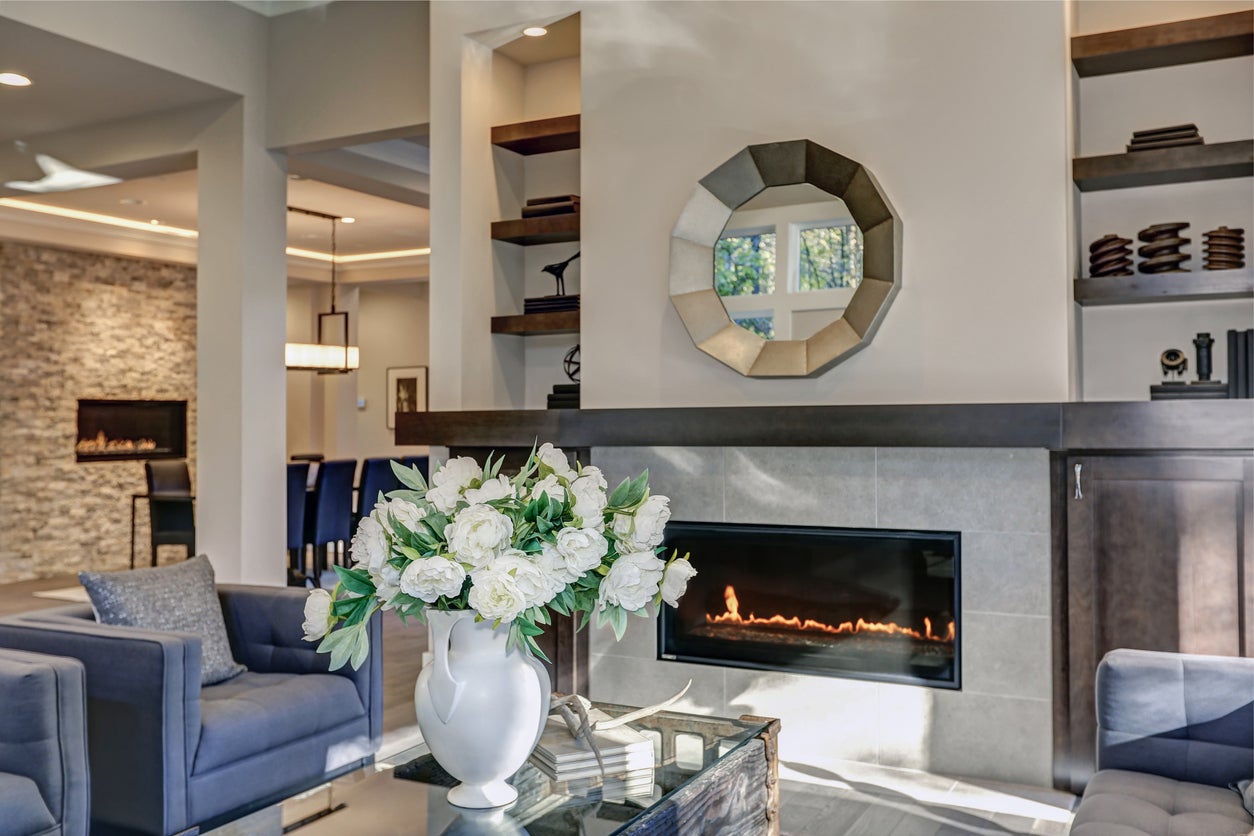
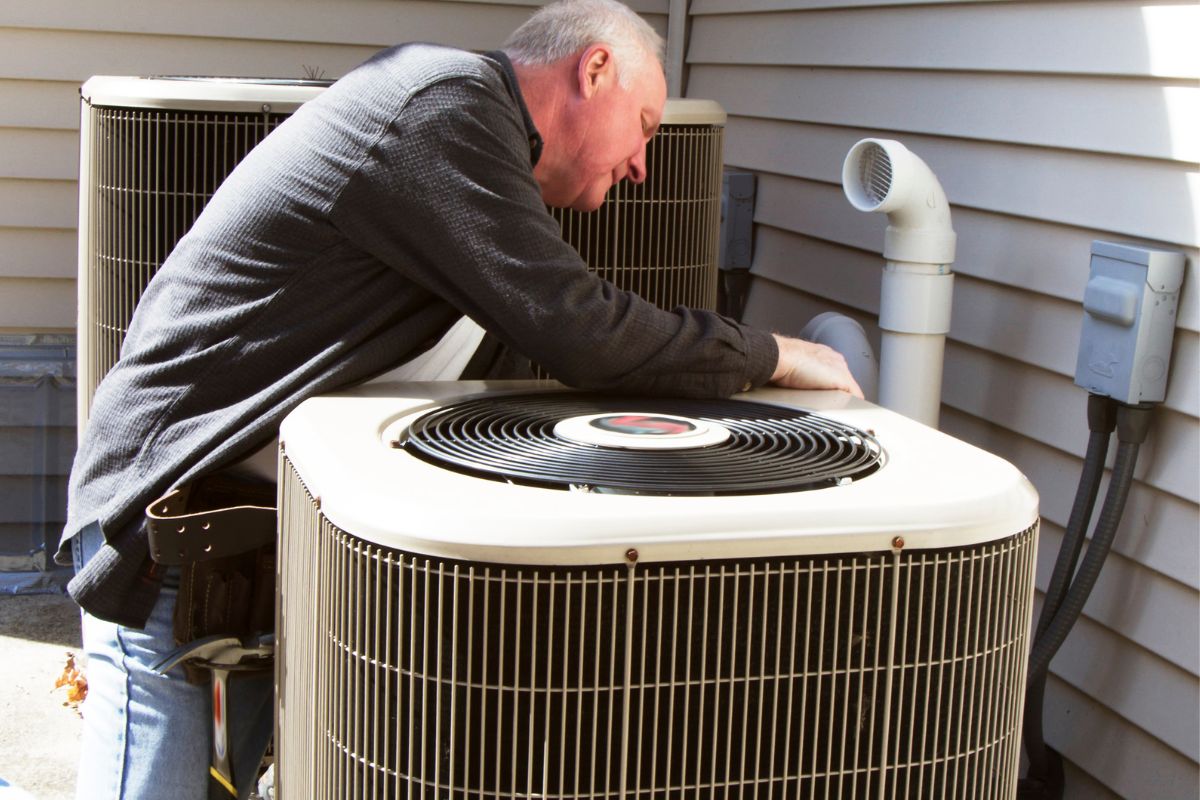
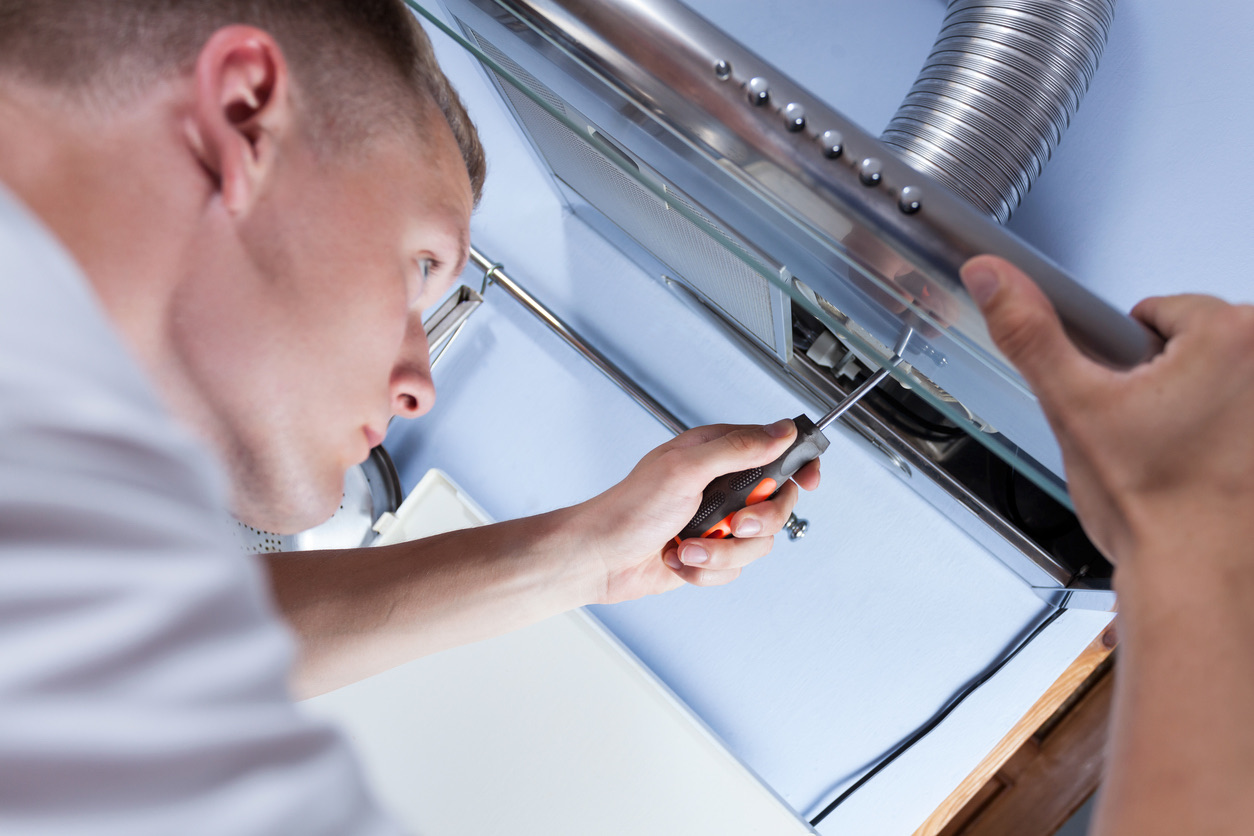


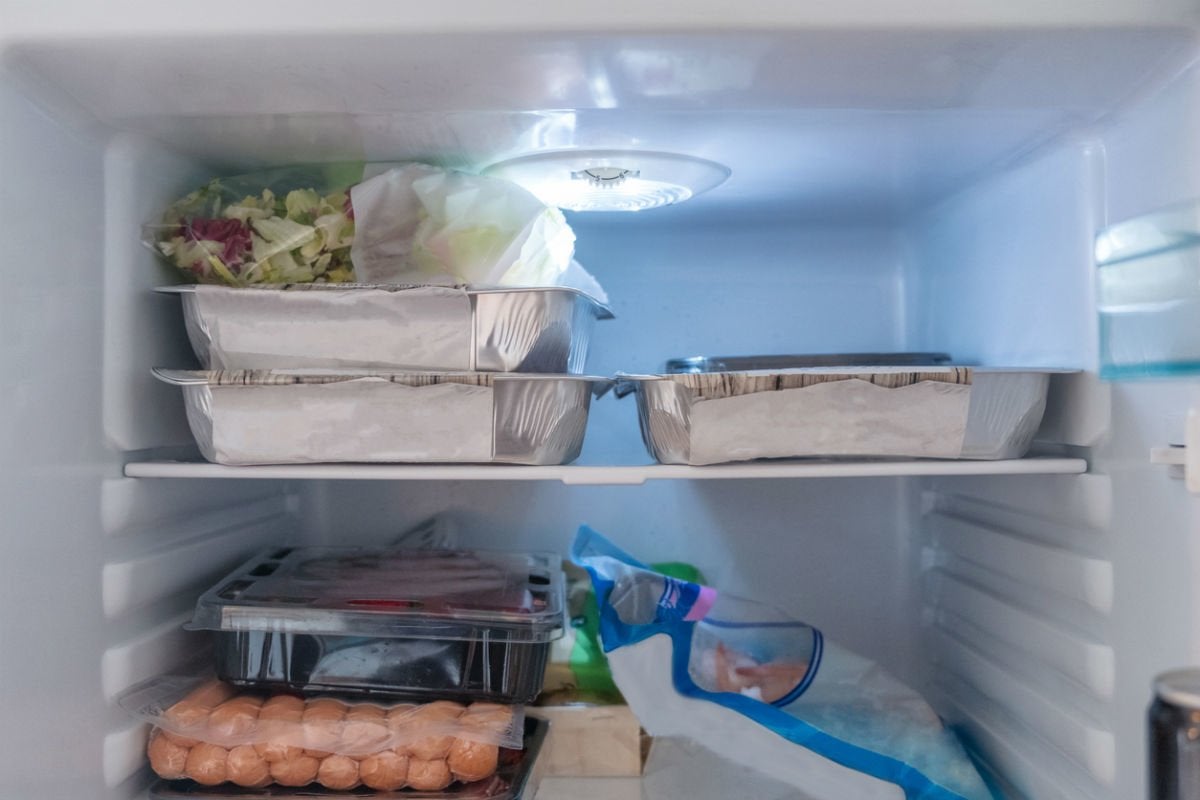
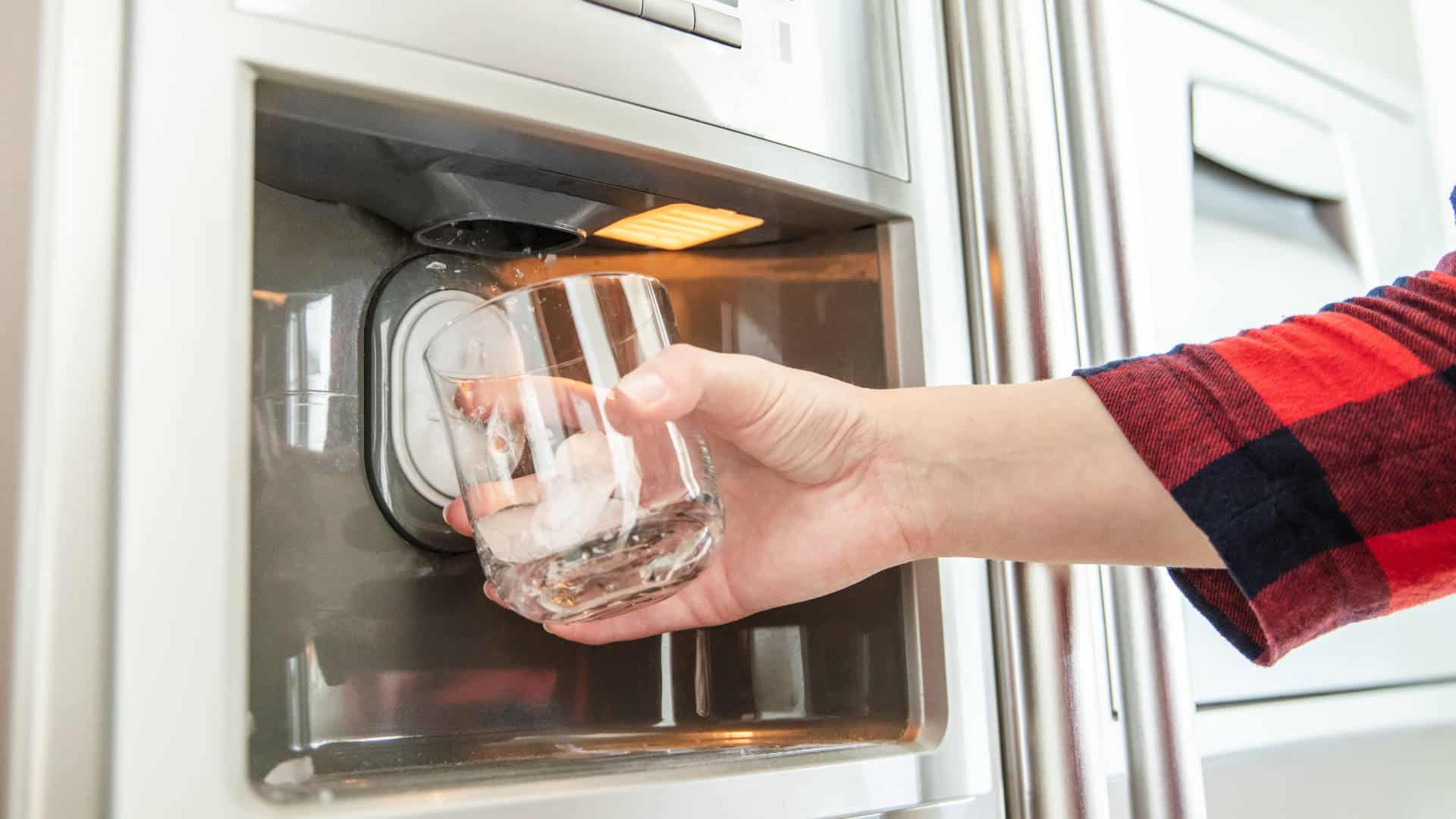
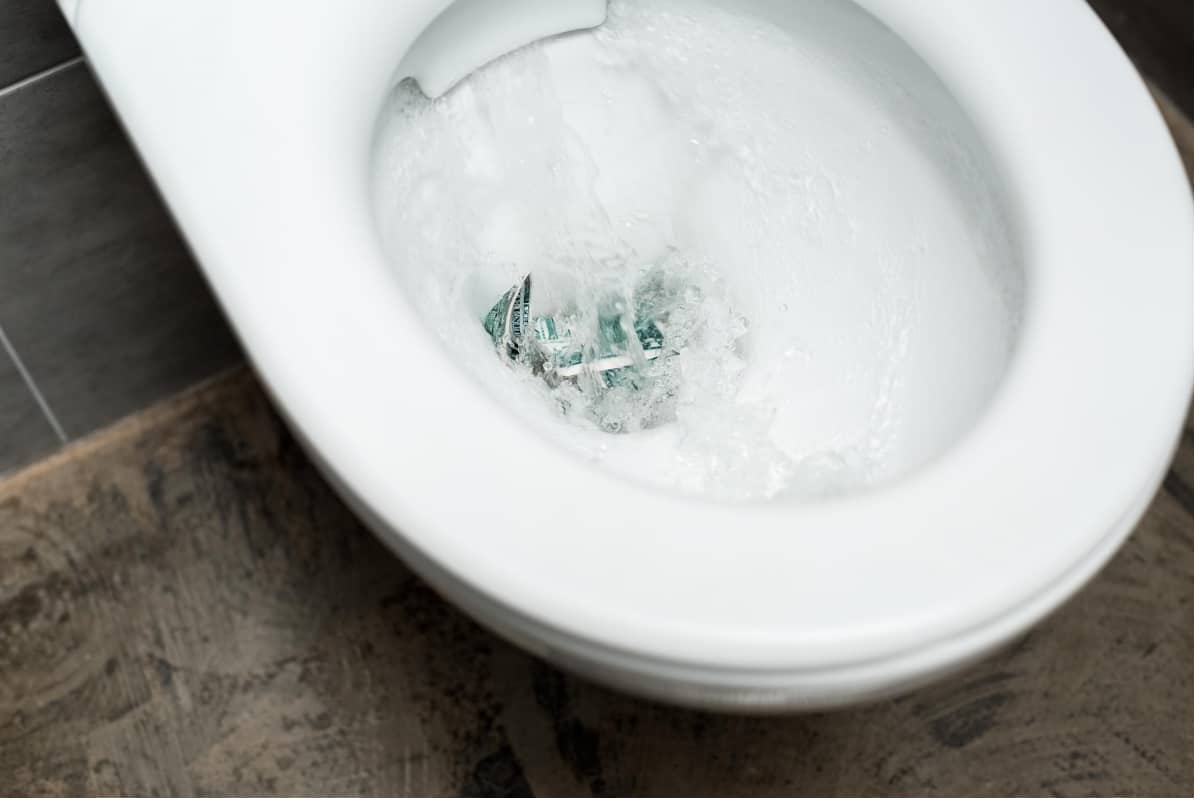

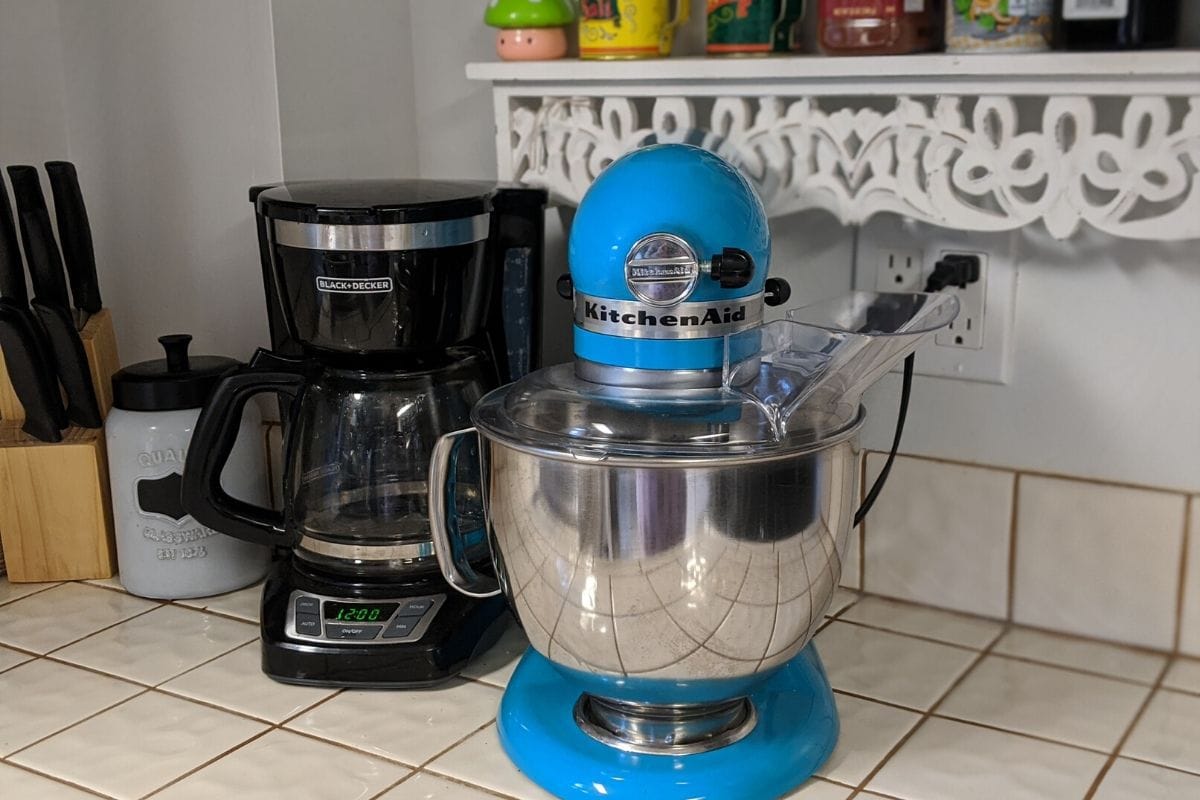
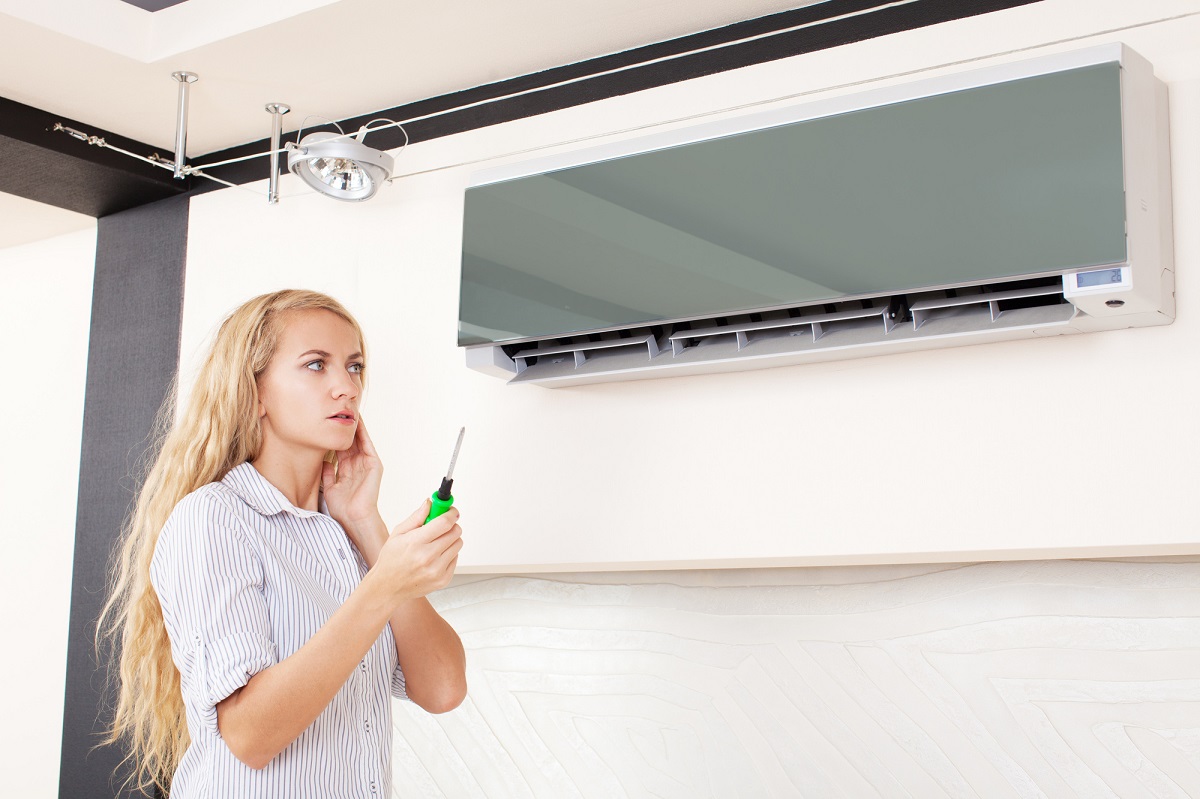
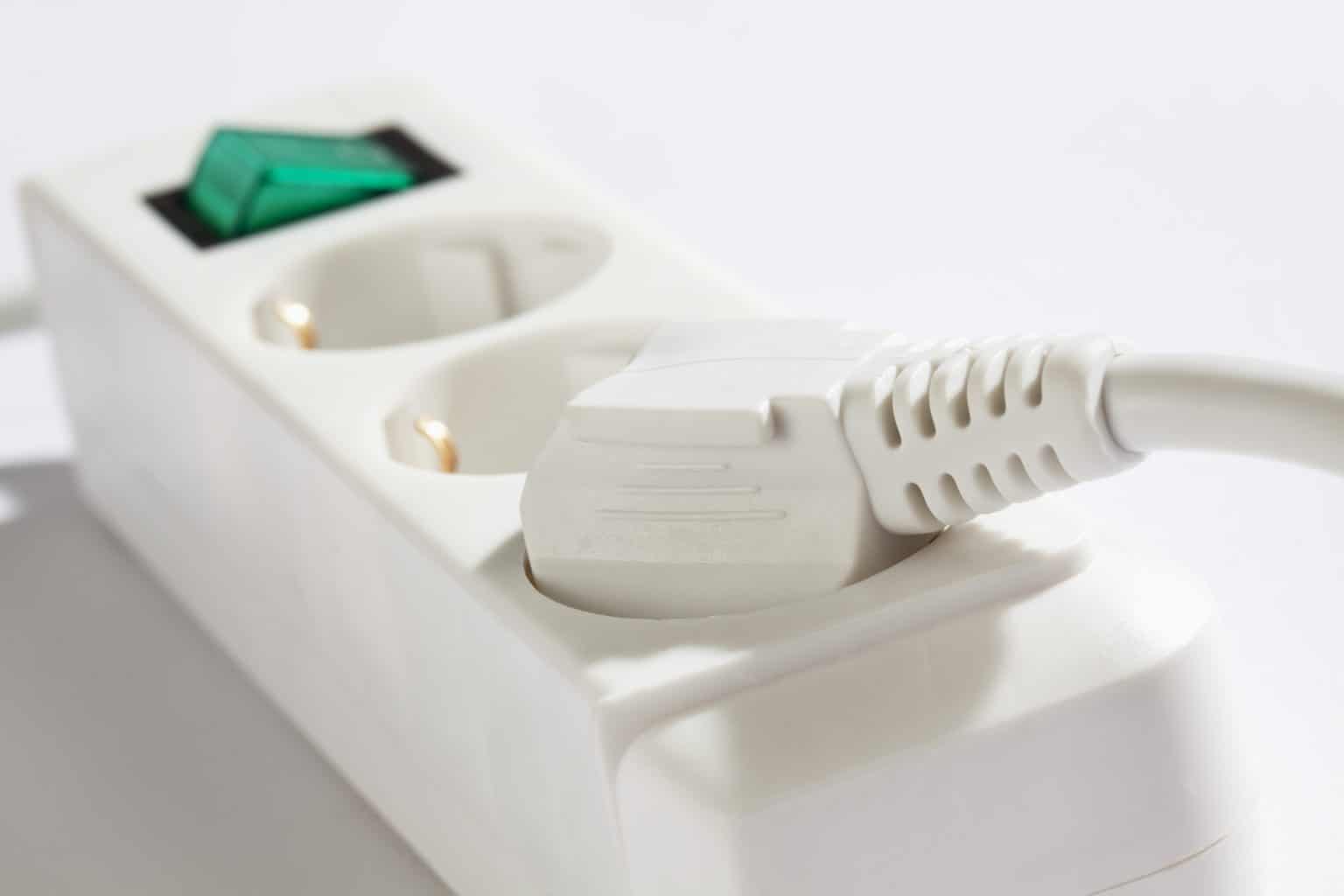
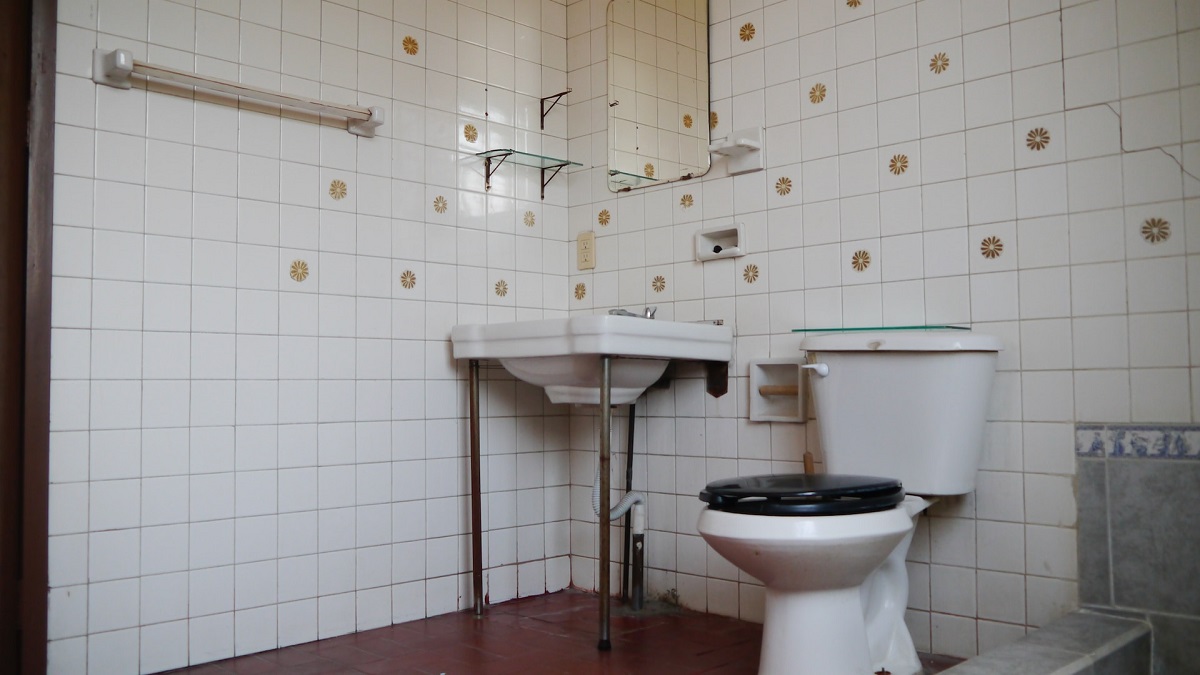
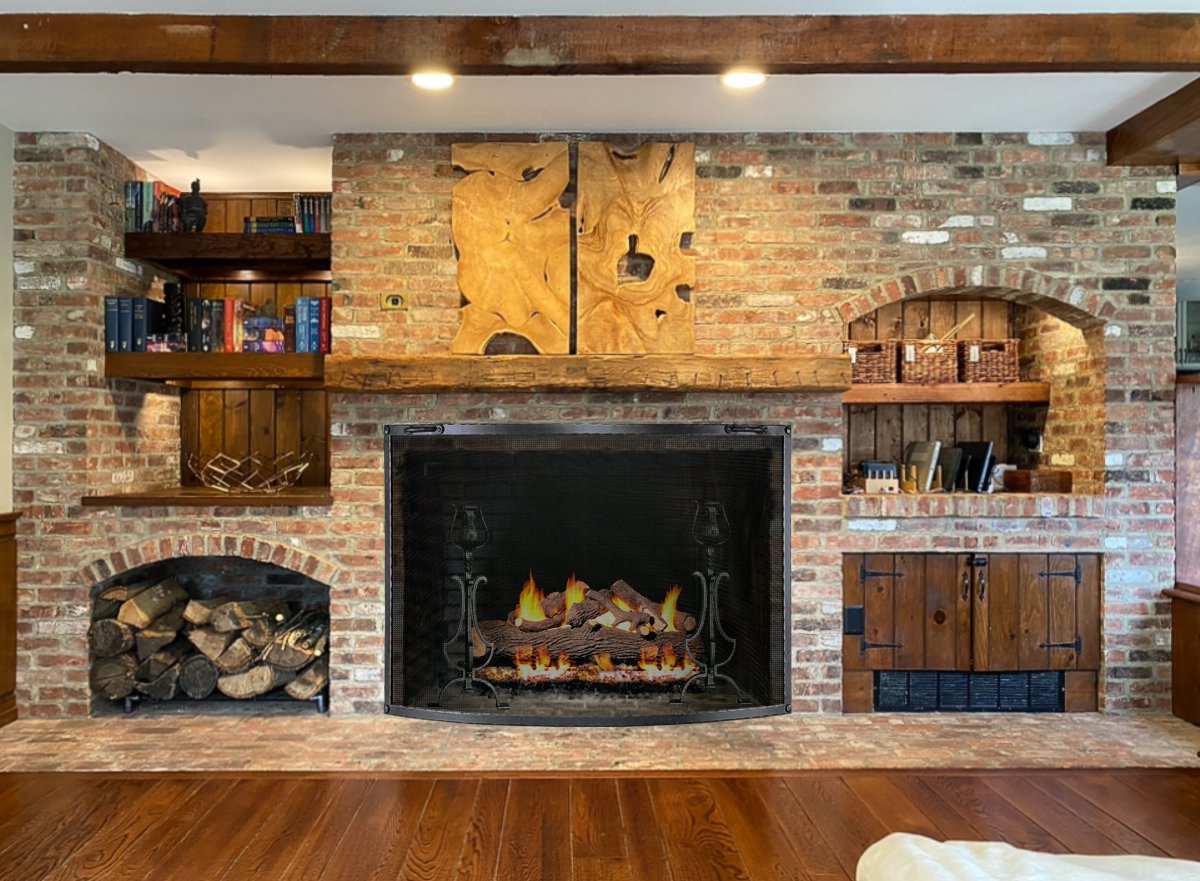

0 thoughts on “Why Is My Gas Fireplace Making Noise When Off”